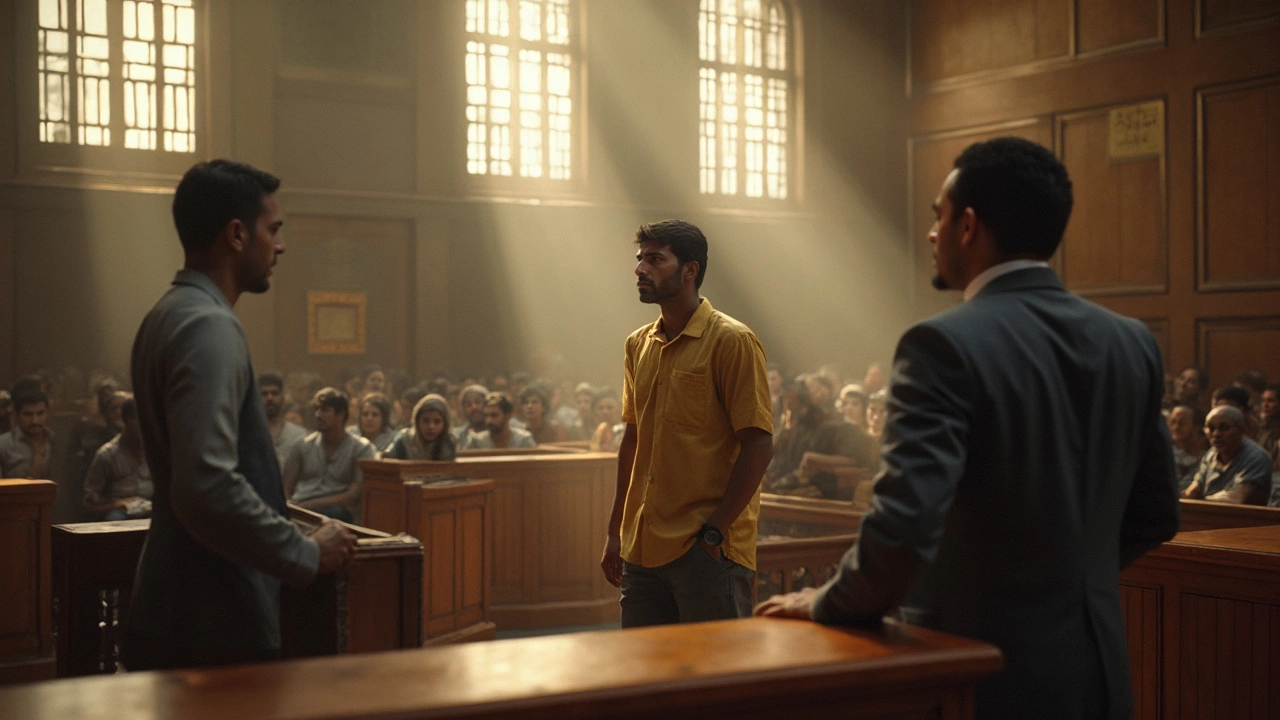Fair Trial: Your Right to a Just Process
A fair trial isn’t just a buzzword you hear in news reports. It’s the backbone of any legal system that wants to treat people right. When you walk into a courtroom, you expect the judge, the lawyers, and the whole process to be unbiased, transparent, and based on the law. If any of those pieces break down, the outcome can be cruel and unfair.
What Makes a Trial Fair?
First off, a fair trial needs three things: a neutral judge, a chance for both sides to tell their story, and rules that apply to everyone. The judge must stay out of the parties’ business and decide only on the evidence. Both the prosecution and the defense get time to present witnesses, cross‑examine, and argue their case. And the law must be the same for the rich and the poor, the famous and the ordinary.
Another key part is the right to a public hearing. When the public can watch, it keeps the process honest. Closed doors should be the exception, not the rule. Also, the accused has the right to know the charges, see the evidence, and get a competent lawyer. Without these safeguards, the system can easily tip in favor of whoever has more power.
Why a Fair Trial Matters for You
Imagine being accused of something you didn’t do and having no chance to defend yourself. That’s not just a legal failure; it’s a personal disaster. A fair trial protects your freedom, your reputation, and your future. It also builds trust in the whole justice system. When people see that courts work fairly, they’re more likely to obey the law and cooperate with authorities.
Even in civil cases—like a landlord‑tenant dispute or a consumer complaint—a fair trial matters. It ensures that contracts are honored, rights are respected, and remedies are given where they’re due. Skipping any of those steps can leave you stuck with a bad outcome that could have been avoided.
So, what can you do to help keep trials fair? Start by knowing your rights. If you’re facing charges, ask for a lawyer right away. If you can’t afford one, the state should provide one. Keep any documents, messages, or evidence organized—this makes it easier to present a clear case. And if you think a judge is biased, you can request a different judge or appeal the decision.
In today’s fast‑moving world, technology sometimes speeds up legal processes, but it shouldn’t cut corners on fairness. Video hearings, electronic filing, and online case updates can help transparency, as long as they’re used properly.
Bottom line: a fair trial is more than a courtroom rule; it’s a guarantee that the law works for everyone. Knowing what a fair trial looks like helps you protect your rights and hold the system accountable.

Understanding the 6th Amendment: Your Rights in a Criminal Trial Explained
Ever wondered what really protects people when they step into a courtroom facing criminal charges? This article breaks down the 6th Amendment, showing why it's at the heart of a fair legal process in the United States. From your right to a speedy trial to the power of facing your accuser, you’ll find out exactly how these rights work—and why they matter. Get real tips on what to do if you ever need them, plus crazy facts from actual cases. If you want to know how the Constitution stands up for normal folks, you'll get every detail here.